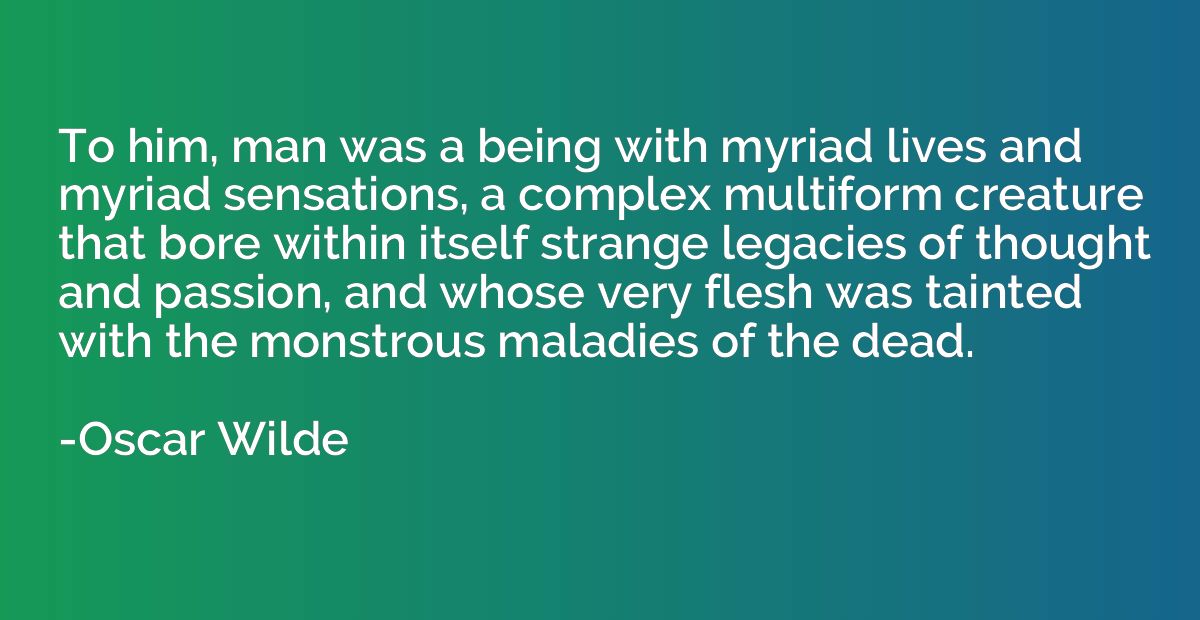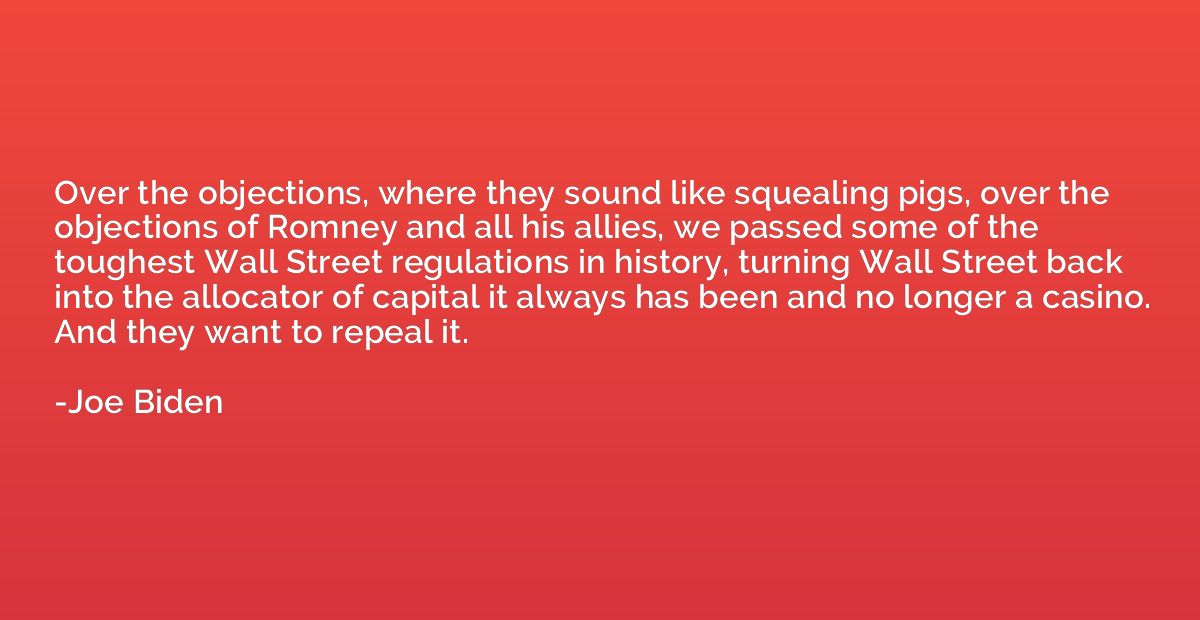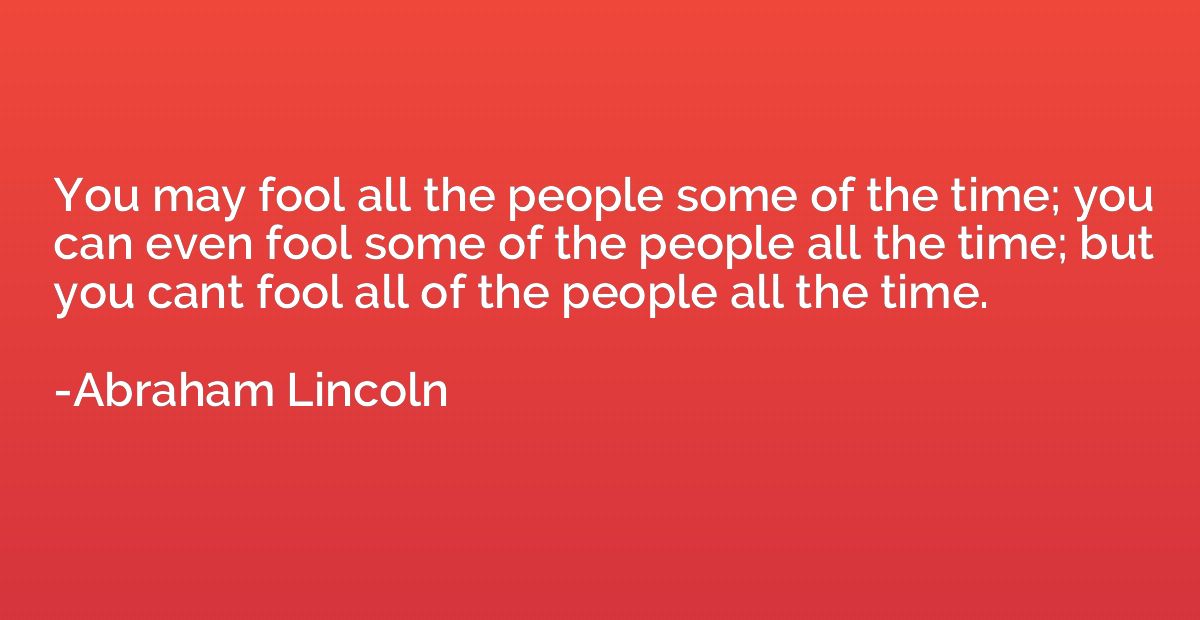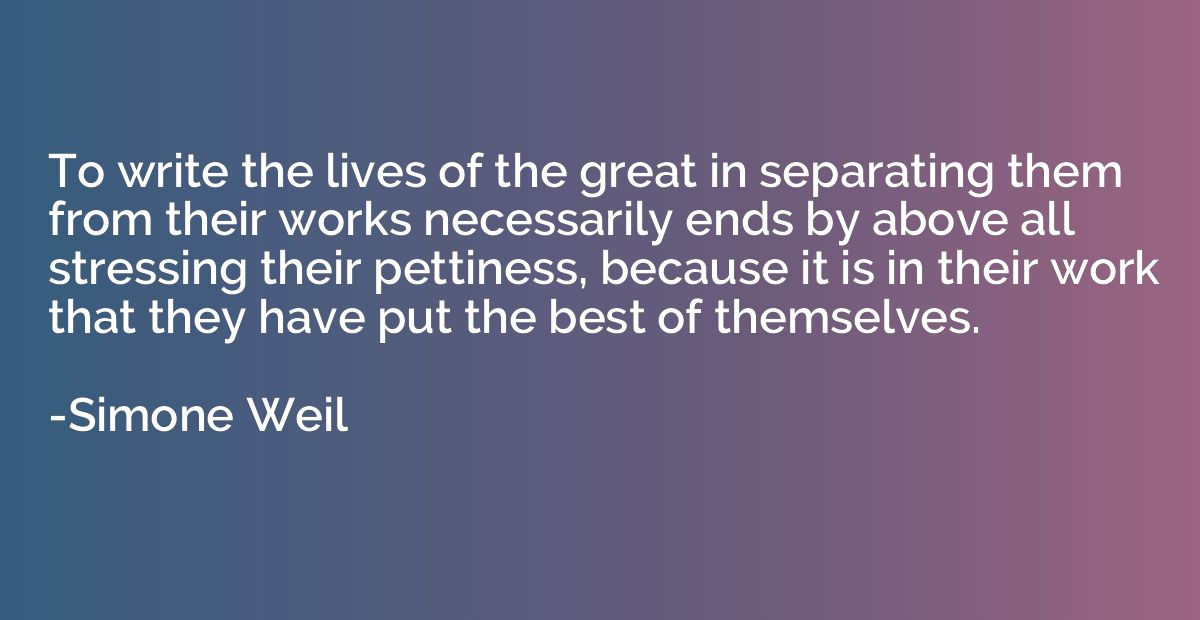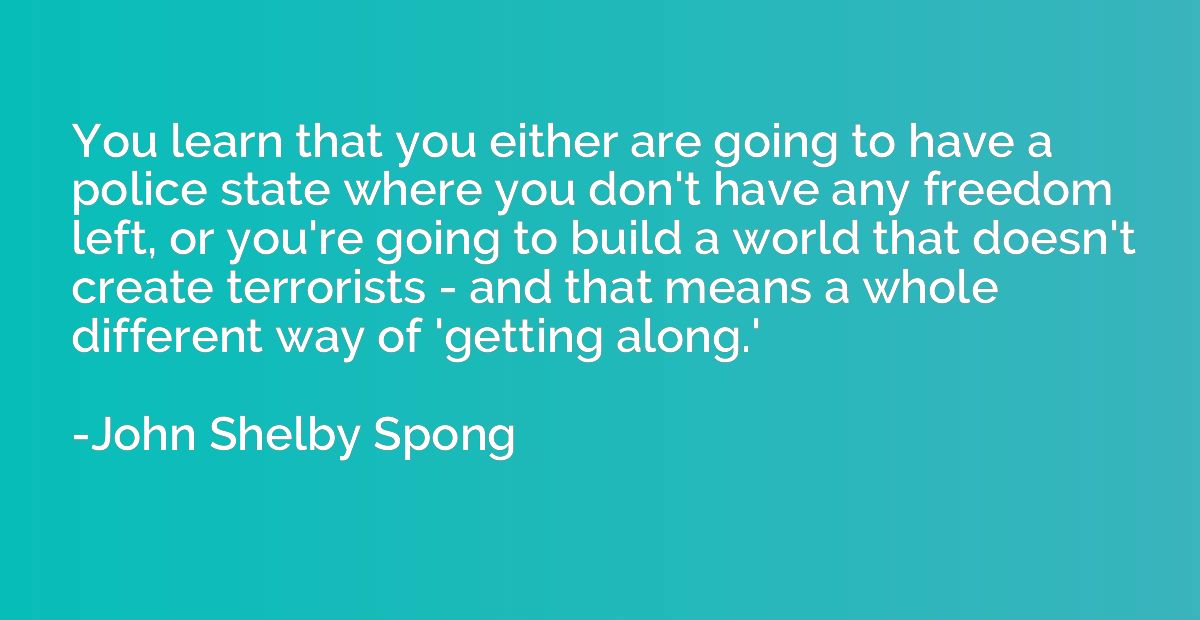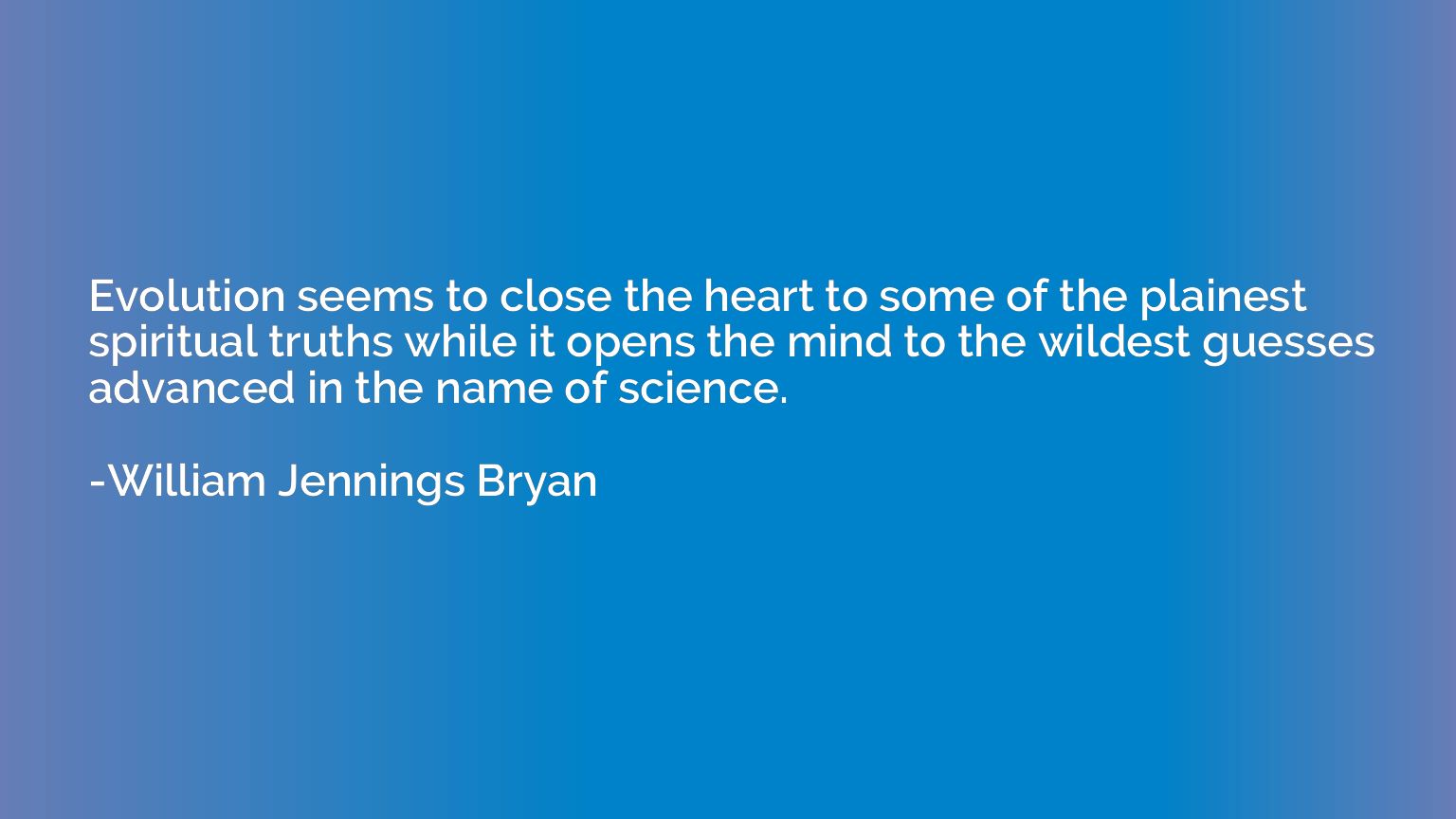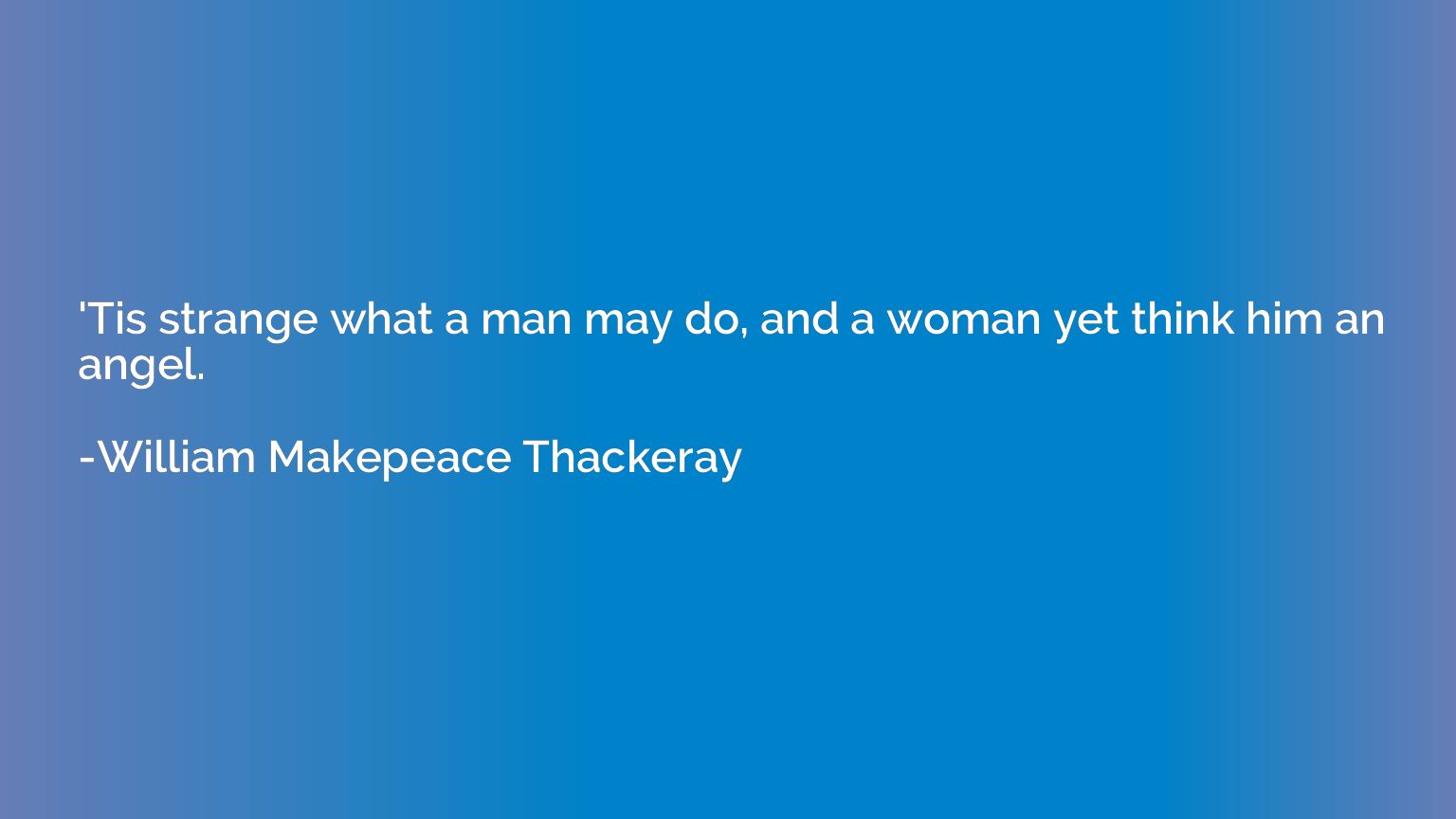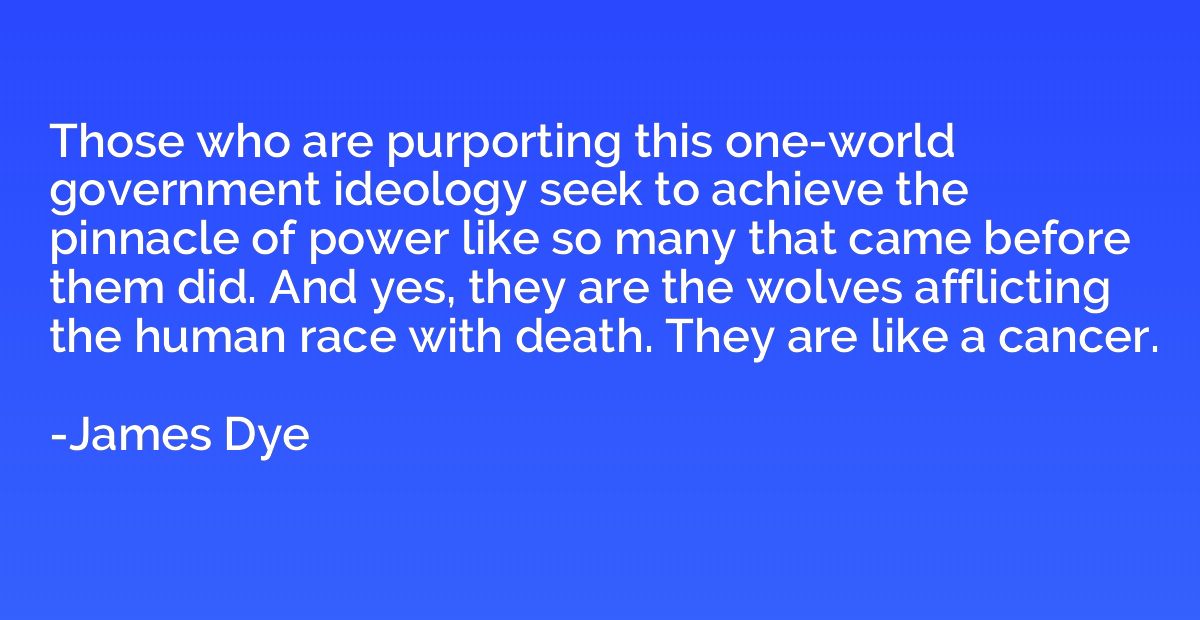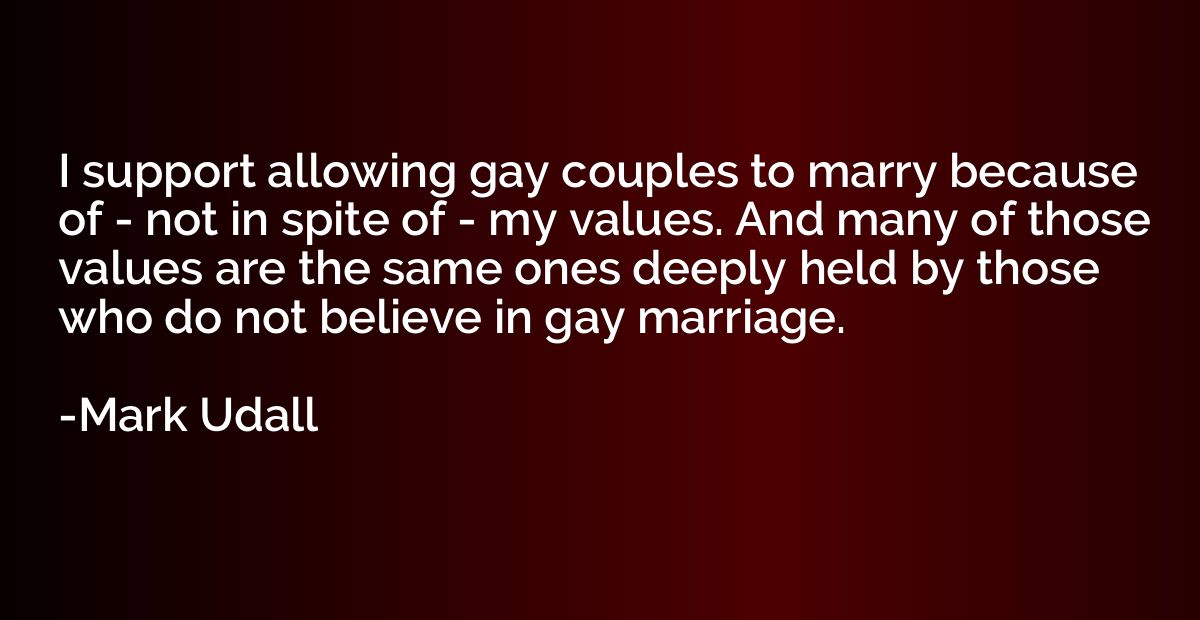Quote by Marilynne Robinson
That's the strangest thing about this life, about being in the ministry. People change the subject when they see you coming. And then sometimes those very same people come into your study and tell you the most remarkable things. There's a lot under the surface of life, everyone knows that. A lot of malice and dread and guilt, and so much loneliness, where you wouldn't really expect to find it, either.
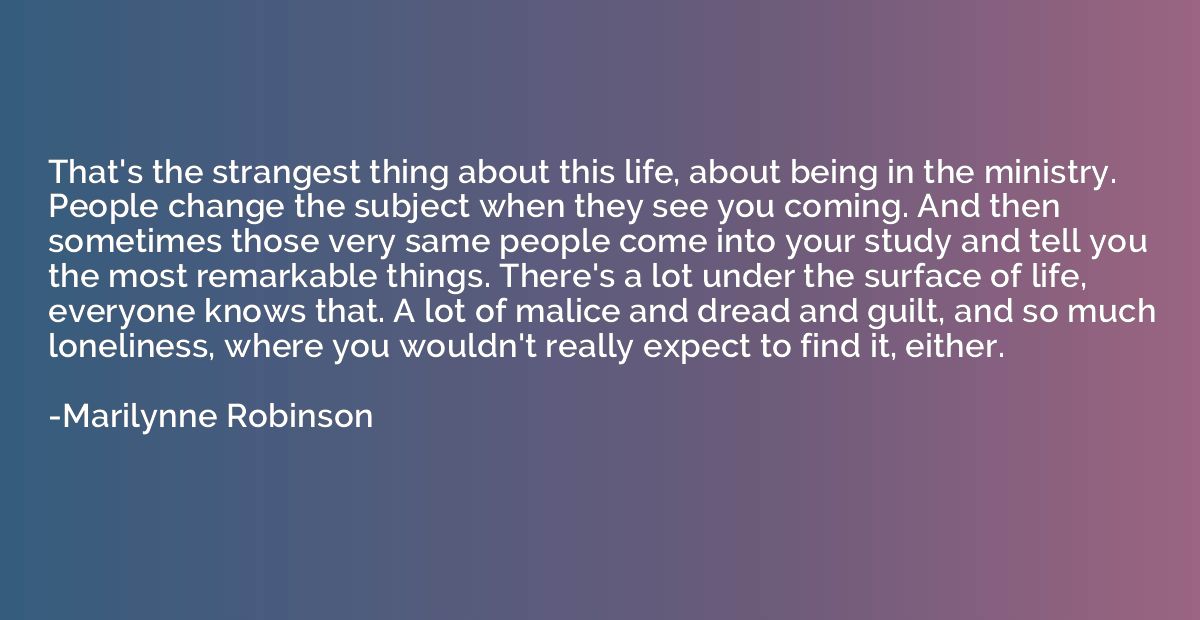
Summary
This quote highlights the paradoxes and intricacies of life, specifically in the context of being involved in the ministry. It reflects the experience of how people tend to avoid discussing certain topics or change the subject when they encounter a minister. However, paradoxically, those same individuals may later confide in the minister and reveal their innermost emotions and experiences. The quote also emphasizes the notion that beneath the surface of seemingly normal lives, there is a myriad of complex and intertwined emotions such as malice, dread, guilt, and loneliness – even in places where one wouldn't anticipate finding them.



